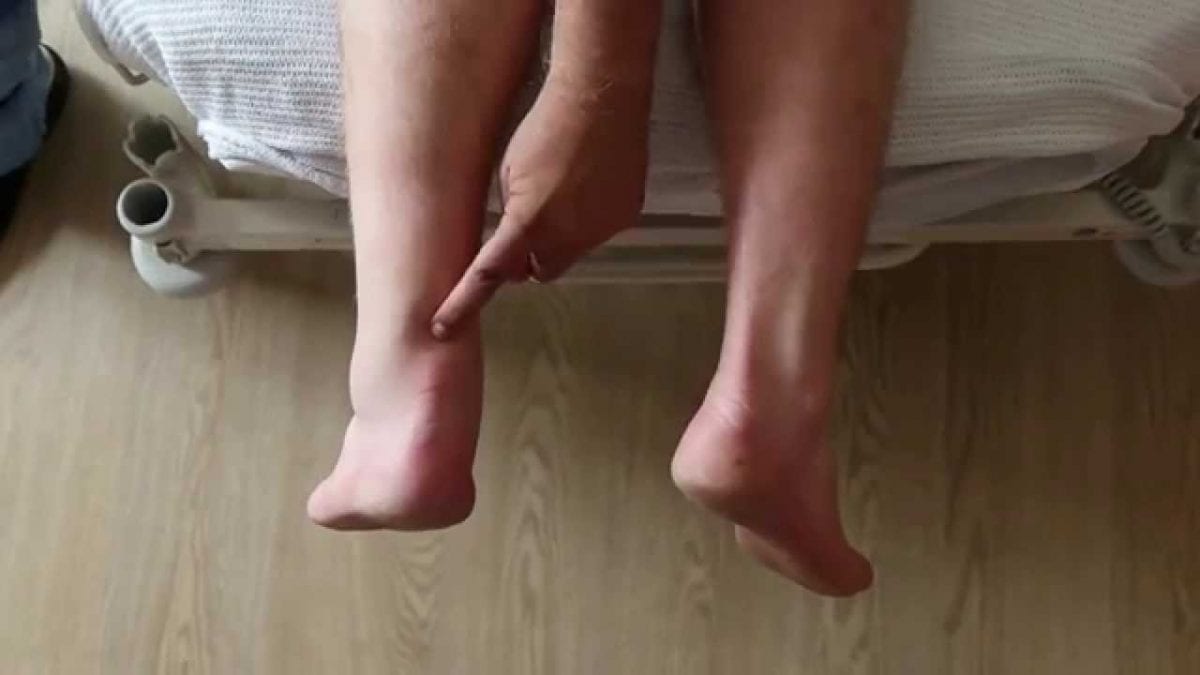Tendons are bands of tissues that connect your bones and muscles. The Achilles tendon goes from the lower back of your leg to your heel bone. It makes it possible to raise your heels off the ground when walking. You can get an Achilles tendon rupture when the tendon stretches beyond its capacity. Even though it is not a very common problem in Westfield, having the relevant information may help you prepare. Keep reading to learn more about the Achilles tendon in Westfield.
What Are the Causes?
You need your Achilles tendon to walk. It helps you raise your feet and move them. A rupture mostly happens in the part of the tendon within an average of six centimeters from where it attaches with the heel bone. The area is prone to rupture because of the limited flow of blood. It may also impair the healing process. You may get a rupture after sudden stress on the tendon. Common causes of the problem include:
Falling from a high pace
Stepping into a hole
A sudden increase in the intensity of exercise or sports especially where jumping is involved
Prevention Tips
When working out, alternate high-impact activities like running with low-impact options like swimming or walking. Minimize jumping, hill-climbing, and other exercises that may put too much stress on your Achilles tendon.
Switch up the intensity of your training slowly. You are likely to get a rupture if you increase the intensity abruptly. Do not increase the distance, duration, or frequency of your running by more than 10% every week
Stretch often to minimize the chances of getting injured. Calf-strengthening exercises will make your tendons and muscles more capable of absorbing force and minimizing injury
Run on stable ground and avoid slippery or hard surfaces. Wear well-fitting shoes with proper cushioning to minimize the risk of falling.
What Are the Risk Factors?
Certain factors may increase your likelihood of getting an Achilles tendon rupture. They include:
1. Sex
Men are five times more likely to rupture their Achilles tendon than women
2. Age
Even though anyone can get hurt their Achilles tendon, it is more likely to affect adults aged 30 to 40.
3. Steroid Injections
If you have joint pain and inflammation, your doctor may inject steroids into your ankle to reduce it. While it may help you feel better, the medication weakens the nearby tendons. It may increase your likelihood of getting an Achilles tendon rupture.
4. Sports
If you participate in sports, you may be at an increased risk of getting Achilles tendon injuries. They are common in sports that involve a lot of jumping and running, like basketball and soccer.
5. Excessive Weight
Being overweight or obese increases your risk of Achilles tendon ruptures as you may be putting too much strain on your tendons.
Anyone who plays sports, runs, or walks frequently may get Achilles tendon problems. The problem requires the attention of a professional and you should seek help as soon as possible. It is wise to address the problem before it gets out of hand.








